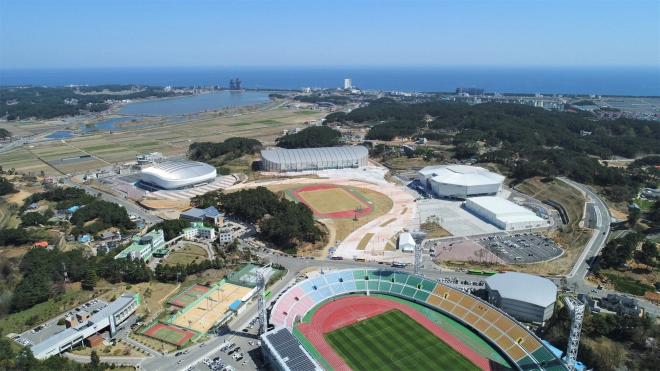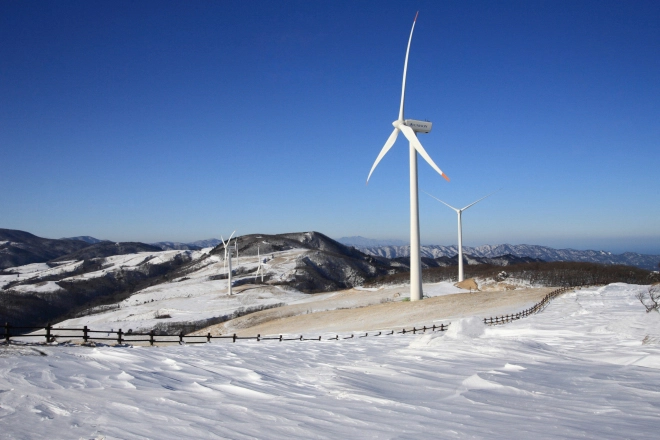2018 Olympic games better than Net-Zero?
The closing ceremonies of the 2018 Winter Olympic Games can be somewhat of a let down if the need to continue watching fierce competition still enthralls you. Good News!! Olympic fever is still in the air. The competition at the Paralympic Games starting March 9th-18th will be fierce and exciting to watch. Medal winners from around the world will continue to bask in the glory of excellence on the Olympic podium. Yet, it is South Korea’s achievement of hosting the most environmentally sustainable Winter Olympic and Paralympic Games in history that commands the grandest stage of accomplishment. Their commitment to establishing an environmental Olympic platform for athletes to compete on while reducing the amount of carbon produced has raised the bar for future Olympic hosts.
When the PyeongChang Organizing Committee for the 2018 Olympic and Paralympic Winter Games (POCOG) entered a bid to host the 2018 Games, it was 2011. Vancouver had just hosted the 2010 Winter Olympic Games claiming an environmental milestone of achieving the first “net zero carbon games”. In other words, Vancouver was able to produce zero carbon waste as host of the 2010 Winter Olympic Games. In an attempt to win the bid for the 2018 Olympic Games, PyeongChang wanted to set higher sustainable environmental goals as host. POCOG decided to create a new vision for the Winter Olympic Games by setting their carbon impact goals to a “net positive” approach. For the first time in Olympic history, the 2018 Winter Olympics can “be responsible for the reduction of more carbon emissions than the Games will create.”
PyeongChang’s “New Horizons” slogan for the 2018 Olympic Games, which focused on South Korea’s commitment to environmental sustainability, helped them win the bid. POCOG immediately began to implement their vision into action. Within seven years, South Korea was able to build an Olympic venue and village that reached their environmental sustainability goals.
Hyeona Kim, the Senior Project Manager of POCOG, implemented the building construction of several objectives including:
- The construction of Gangneung Olympic Park, which features 4 of the competition venues, “was transformed from a landfill site to a cultural and sports park protecting local ecology and nature in the process.”

-
- Certification from G-SEED, the Korean green building protocol, for six of the newly
- constructed competition venues which feature solar or geothermal power.

- Wind Farms, “that will produce more than the minimum amount of electricity needed to power up the 2018 Olympic and Paralympic Games.”
- Constructing a low carbon mass transit system of high-speed railways for fans to use to view the games from surrounding areas. This will help reduce 6,654 tons of CO2 from entering the environment. Incorporating a fleet of 300 electric vehicles with charging stations for use around Gangneung Olympic Village and other competition venues.
By taking these drastic steps to reduce Greenhouse gases from the Olympics in all aspects of production, hosting, and management, South Korea has become the first Winter Olympic and Paralympic Games to be ISO 2012-1 Certified, which is a global standard for sustainable events. The world is proud of you South Korea, for rising to the occasion and raising the bar of environmental sustainability for the future with nothing short of golden aspirations.
3/9/2018 Contributed by Rachel Lynch, St. Louis Earth Day Festival Intern 2018



